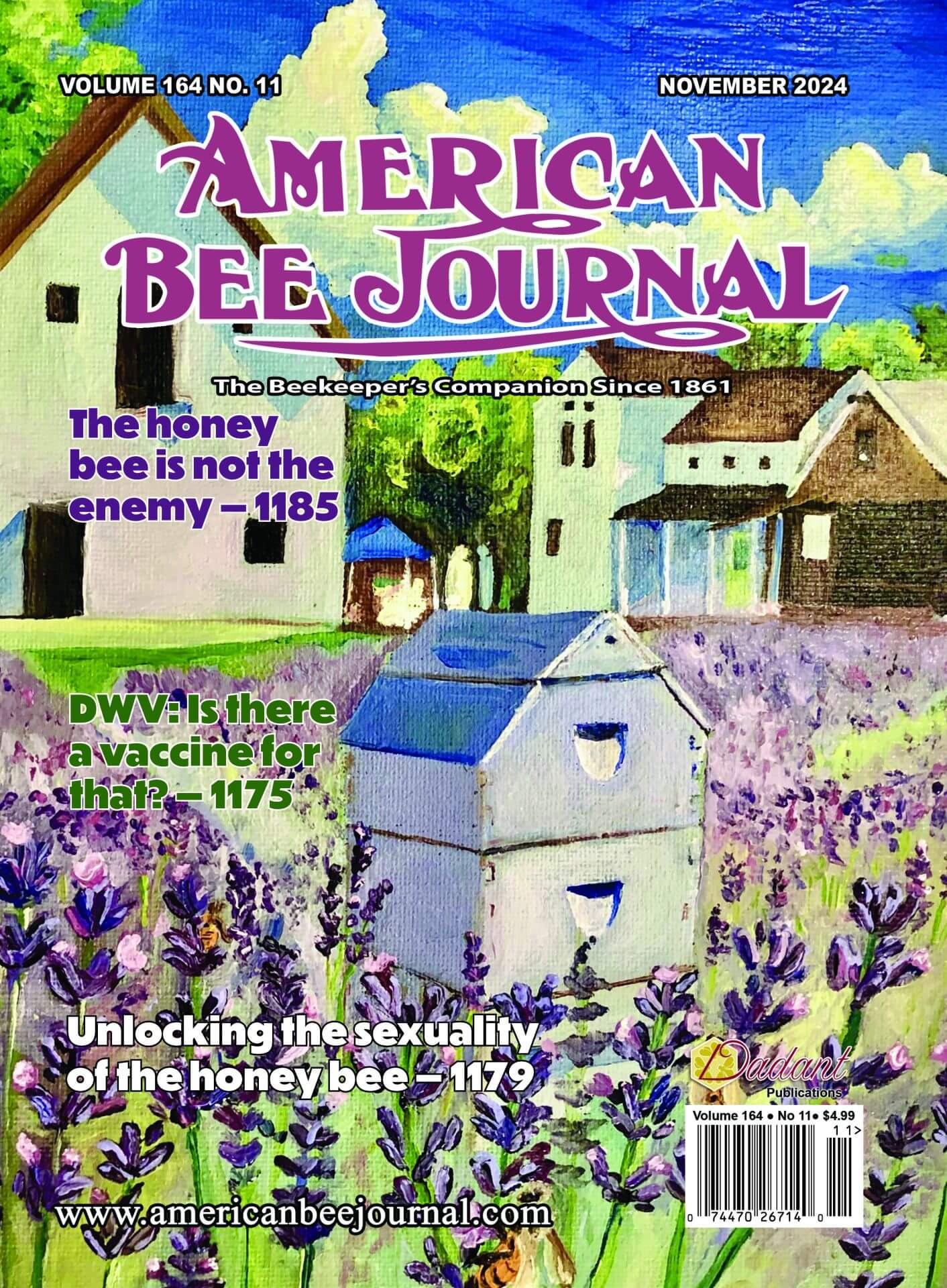Disagrees with AHPA on Xerces overview of bees in National Forests
I was surprised at Peter T. Jenkins’ review of the Xerces Society’s “An Overview of the Potential Impacts of Honey Bees to Native Bees, Plant Communities, and Ecosystems in Wild Landscapes: Recommendations for Land Mangers.” [See “Review and Critique of the Xerces Society’s Overview Report with Respect to National Forest System Lands,” by the American Honey Producers Association, September ABJ.] I read the same overview and came to a different conclusion. I don’t agree with Jenkins that the report “glosses over scientific uncertainties.” Several times the report points out that there is not enough research on population status, impacts of different pollinator species on each other, and impacts of pollinators on native plant communities.
While there is evidence of population decline among certain species of bumble bees, for example, the report lists loss of habitat, use of pesticides, and climate change as the biggest dangers. The Xerces Society report seemed to me more a call for further investigation and some caution as there’s simply not enough evidence for fully understanding the issues, but there is evidence that certain native bees are declining in population.
Jenkins claims that “Xerces virtually makes no mention of the benefits to the human communities,” but that wasn’t the point of the report. Much of the habitat for native life is gone, leaving only islands. Honey bees, on the other hand, are critical pollinators for agriculture and the report notes the need for “high-quality, insecticide-free foraging in agricultural landscapes … for long-term honey bee health.” We don’t need to have more competition between these different pollinators, we need to reverse the disappearance of good habitats and stop the saturation of these habitats with insecticides.
I also don’t think the Xerces report intends to make a strict blanket recommendation. It acknowledges that there are many different types of public land and that decisions on such matters should be “left to land managers who have the best understanding of the local conditions, local management goals, the needs of the flora and fauna, and the sensitivity of the environment.”
Lest anyone walk away from Jenkins’ article feeling that Xerces Society is somehow “anti” honey bee, the report’s introduction states: “Honey bees are critical for agriculture, and honey production is an important industry,” and calls beekeepers “some of the most engaged advocates for improved pollinator habitat across the U.S.”
Igal Levy
Arcata, California
Pony poop smoker fuel?
I always enjoy Rusty’s pages. She wrote about smoker fuel: “Part of the fun is repurposing stuff you thought had no other purpose, like popsicle sticks, pony poop, and puff balls.” I am a beekeeper mentor to a Mennonite family. One time I picked up some horse poop (road apples) and put it in my smoker. They seemed pretty disgusted by that, which surprised me. My favorite fuel is burlap but I don’t have anywhere to get it without paying, so I have been using a lot of torn strips of brown paper. Once it’s going I find just about anything will work from that point on, even damp leaves.
Pete Borst
Ithaca, New York


